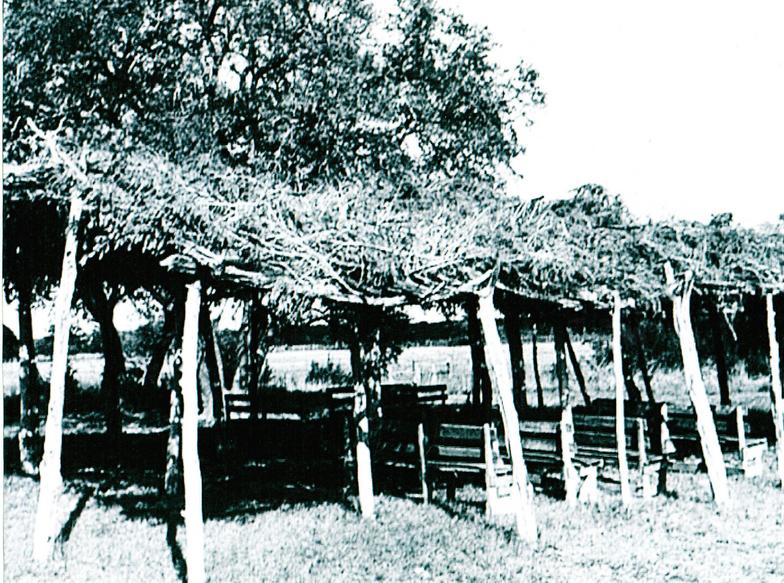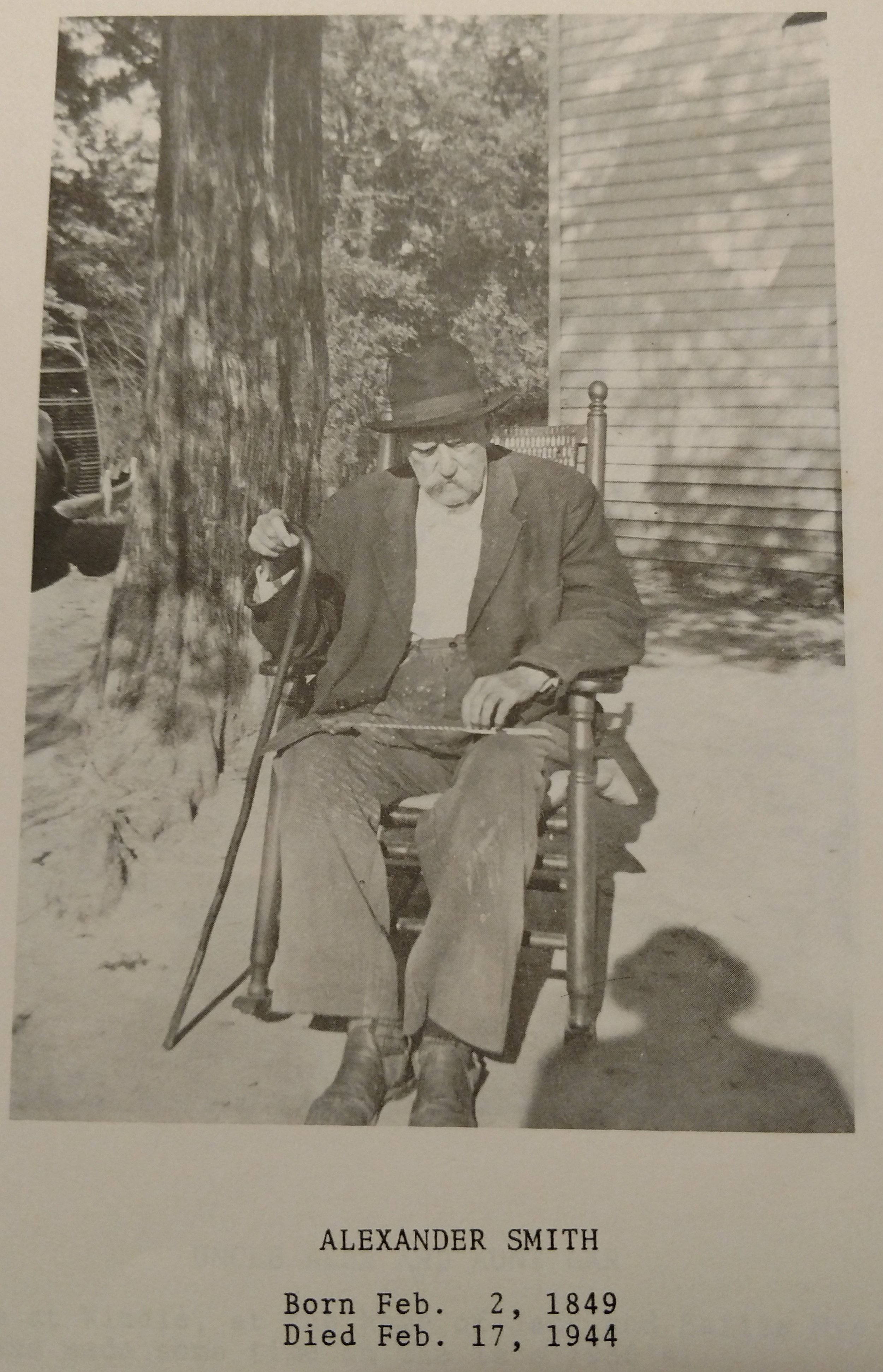The Time Levi Lost His Bible
/Here’s the thing I love about the mountain…if your family’s been around here for very long, their liable to pop up in anybody’s tale. I never knew Callie Melton and don’t know that I’m aquainted with any of her family. But the subject of her story which I’m featuring this week is in fact a relative of mine! That made this one particularly interesting to me, and I hope you enjoy it as well.
Also, if you’ve read my first book, Replacing Ann, you may recognize some of the geography she talks about. The store in this story would have been the same one that Bill Lewis owned at one time.
Just about hog killing time one year during the Depression somebody broke in and robbed Benton Phillips’ store at Cliff Springs, up in the Ninth Civil District of Overton County. So Benton hired Levi Testament to sleep in the store from then on. Now, Levi was about middle-age, homeless and without any folks at all. He was a good worker and as honest as the day is long, but he was as quare as they come. And because he was so quare, he was the butt of much of the good-natured teasing that went on in the settlement. Be it hot or cold, wet or dry, inside or out, Levi always wore his coat and hat. And going to mill or going to meetin’, it made no difference, he always toted his Bible under his arm.
Levi had been living at Benton’s, so when the store got robbed Benton spoke to him about sleeping up there. Levi thought about it for a day or two, then he told Benton that he would but that he did think it ought to be worth at least a nickel a night. This sounded reasonable to Benton, so he give Levi a key to the store and fixed him up a pallet in back of the stove.
Now Cliff Springs wasn’t much more than a wide place in the road, but it did have a store, a Methodist Church and a Baptist Church, a schoolhouse, and a railroad over at Obey City. But everybody went to bed with the chickens, so Benton always shut up the store in time to get home and help Levi do up the night-work before dark.
The store was about a mile across the holler form where Benton lived, so after Levi started sleeping over there he’d put his Bible under his arm, get his lantern and take off just as soon as Dollie Jain would get supper over with.
Things went along like this for quite a spell. Then one night the cows had got out, so they had to be hunted before they could be milked. This made everthing late, so it was way past Levi’s bedtime before he even got started to the store.
When he did get there and started to open the door, he thought he heard something or somebody moving around inside. Since he was armed only with his Bible and a lantern, he put on a brave front and yelled, “Stand still, thar! I’ve got ye kivered.” The noise stopped, and Levi eased inside. Holding his lantern high, he peered around in the flickering light. He couldn’t see a thing, so muttering to hisself that it was most likely his imagination, he locked the door behind him and set his lantern on the counter. He listened for several minutes, but heard nary a sound but the crickets around the stove and the wind in the trees outside.
Levi finally convinced hisself that he had just imagined things. So he moved his lantern over by the stove, stirred up the coals and throwed in another chunk of wood. Then as the wood caught and heat begin to spread out, he took off his coat and hat and put them on the counter by the lantern. Then he fixed his pallet close to the stove, set down on a nail keg and pulled off his shoes and socks. To warm his feet good, he put them up on the hearth of the stove.
When he had got all fixed, he reached for his Bible…and his Bible wasn’t there! For a minute he didn’t know what to think for he always put it right there by the lantern where he could lay his hands on it. Then he recollected! HE bet he’d dropped it just outside the door when he thought he’d heard something inside. So up he got and went to padding barefooted to the door to see. He opened the door and stepped out. It was as dark outside as a stack of black cats. He couldn’t see a thing, so he leaned down to feel around the doorstep. Just about that time the door swung to behind him, and the latch clicked shut. And there he was, standing outside in the cold, without his coat and hat and barefooted besides.
There wasn’t a thing he could do but to go get Benton. Now it was so cold that the branch had froze over, and it was so dark you couldn’t see your hand before your face, but poor old Levi headed across the holler. He couldn’t see, so he’d get off the path and run into trees. He’d try to run but he couldn’t, and he’d fall down might night ever other step he took. Then he’d give out and have to stop and rest to get his wind back.
But finally he made it to the house. He opened the door and just fell inside. Now when Benton and Dollie Jain saw what a shape he was in they knowed for sure that the store had been robbed again. Poor old Levi was bareheaded and barefooted, and without both his coat and his Bible. His hands and face was scratched and bleeding, his shirt was purt nigh tore off, and he was as blue as a fishhook from the cold.
His teeth was chattering so he could hardly talk, but after a spell he managed to make Benton understand that he’d just locked hisself out and he needed another key to get back in. Dollie Jain had to go hunt him up a pair of Benton’s shoes and a coat and hat before Benton could take him back.
It was all so funny that Benton had to tell it at the store the next day, and before night everbody in Cliff Springs was laughing about Levi losing his Bible. And everbody joshed him about waiting till the first freeze to start going barefooted.
But it was Uncle Mel Phillips that capped the stack one day when real solemn-like he asked Benton right before Levi. “Well, Benton, how in the world did you ever know that hit was Levi without his coat and hat?”










